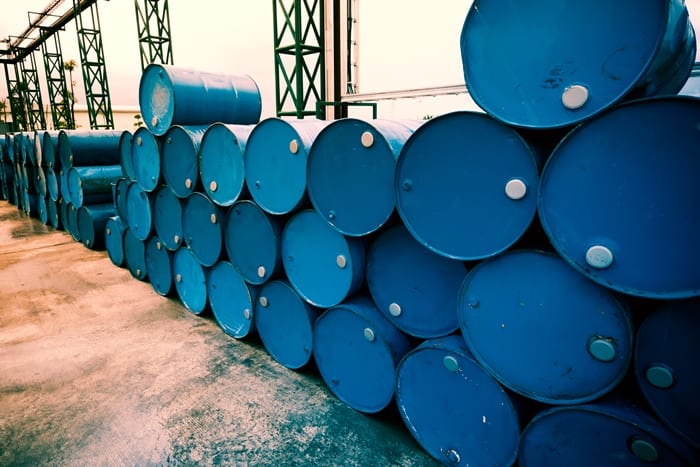
Factors other than the world market value for petroleum products affect the final cost that Barbadians pay for gasoline, diesel and kerosene.
Minister of Energy and Water Resources, Wilfred Abrahams and Chairman of Barbados National Oil Company (BNOC), Alex McDonald, made this point while speaking to the media on the sidelines of a donation of face masks to the Ministry of Education, Technological and Vocational Training, this morning.
Mr. McDonald pointed out that one of the things Barbadians should know is that BNOC buys refined products. “Barbados does not buy oil, so when the world market of oil is at a price, we still have to look at the tracking prices of refined products,” he explained, citing gasoline and diesel as examples.
He continued: “Whatever price we have to pay, we pay for the refined product and then we pay the insurance, the freight, and we also pay a premium for the small order that we make. We place a very, very small order and so in the world market, you have to pay a premium for that order.”
The BNOC Chairman added that the reason why one would see oil prices drop in the world market and it not be reflected in prices here immediately, is because of a “lagging price factor” in Barbados, that is, “the price we would have paid about two to three weeks ago may be a month or two ago as it goes through the pricing process.”
In supporting Mr. McDonald’s explanation, Mr. Abrahams emphasized: “When prices go down on the world market, as Barbados secures product at a cheaper price, the cost savings are passed on to the consumer.
“But equally, as it will recover, when it corrects itself on the world market, then Barbadians can expect to see it go back up. So, we don’t try to capitalize, we don’t try to disadvantage people…it is simply a set formula that reflects the highs and lows. It all depends on the price we’re able to acquire it for. … As long as the price of oil and petroleum products stays low, we will continue to pass that savings on to the consumer.”
